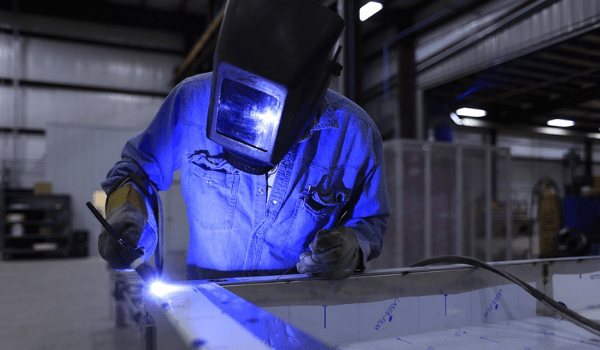Around the world the corporate world has seen a shift in employee demands. Since the pandemic, with the birth of the new wave of employee empowerment, workers have begun demanding more from their employers.
Employees have taken many matters into their hands; working to change the five day work week, relax strict dress codes and add more paid leaves. Most of these demands have been made to help better the work-life balance and general employee satisfaction.
Many governments and organisations alike have seen benefits in making these changes over a short period of time. Governments from around the world have asked organisations to relax certain measures and try to adjust to a four day work week as studies have shown that such measures increase employee productivity and happiness.
The IT sector has been the first to take these steps. The manufacturing sector is still yet to see such drastic measures take place, but baby steps have been made to experiment with these ideas.
Workers in manufacturing see more value in paid leaves and a relaxed work schedule. The four day work week has taken up two forms in the industry. A four day work week where an employee works for 38 hours getting the same pay as one paid for 40 and the other a full 10 hours per day work week for four days.
In the case of paid leaves, steps have been made in the right direction. Organisations have added prolonged maternity and paternity leaves as well as a more relaxed leave structure, to foster a stress free workplace.
In the Indian context, the work culture in the subcontinent is one that is revered all around the world; we are yet to see such measures taking place on a large scale in India. People employed in manufacturing and the troubles they face are well documented, but are organisations in India ready to make these changes? How can the world of work be changed for people in the manufacturing space, to ensure an even more engaged workforce?
To find answers to these questions and more join us at The Great HR Debate in Bengaluru on the 17th of February, 2023. This conference at The Lalit Ashok Bengaluru, will bring together HR professionals and industry experts for a day of insightful conversations, interactive sessions, and panel discussions.
The Great HR Debate offers a unique opportunity for attendees to learn about the latest tools, strategies, and best practices in HR, network with like-minded professionals, and gain valuable knowledge exchange. The event will feature keynote speakers, inspiring discussions, and an open forum for participants to share their challenges and successes with new HR practices.
The event is powered by Tata Steel Industrial Consulting in association with Keka HR. Other partners are Vantage Circle (employee engagement partner), Greyt HR (HR and payroll partner), Thomas assessment (talent assessment partner) and NHRD (community partner).



